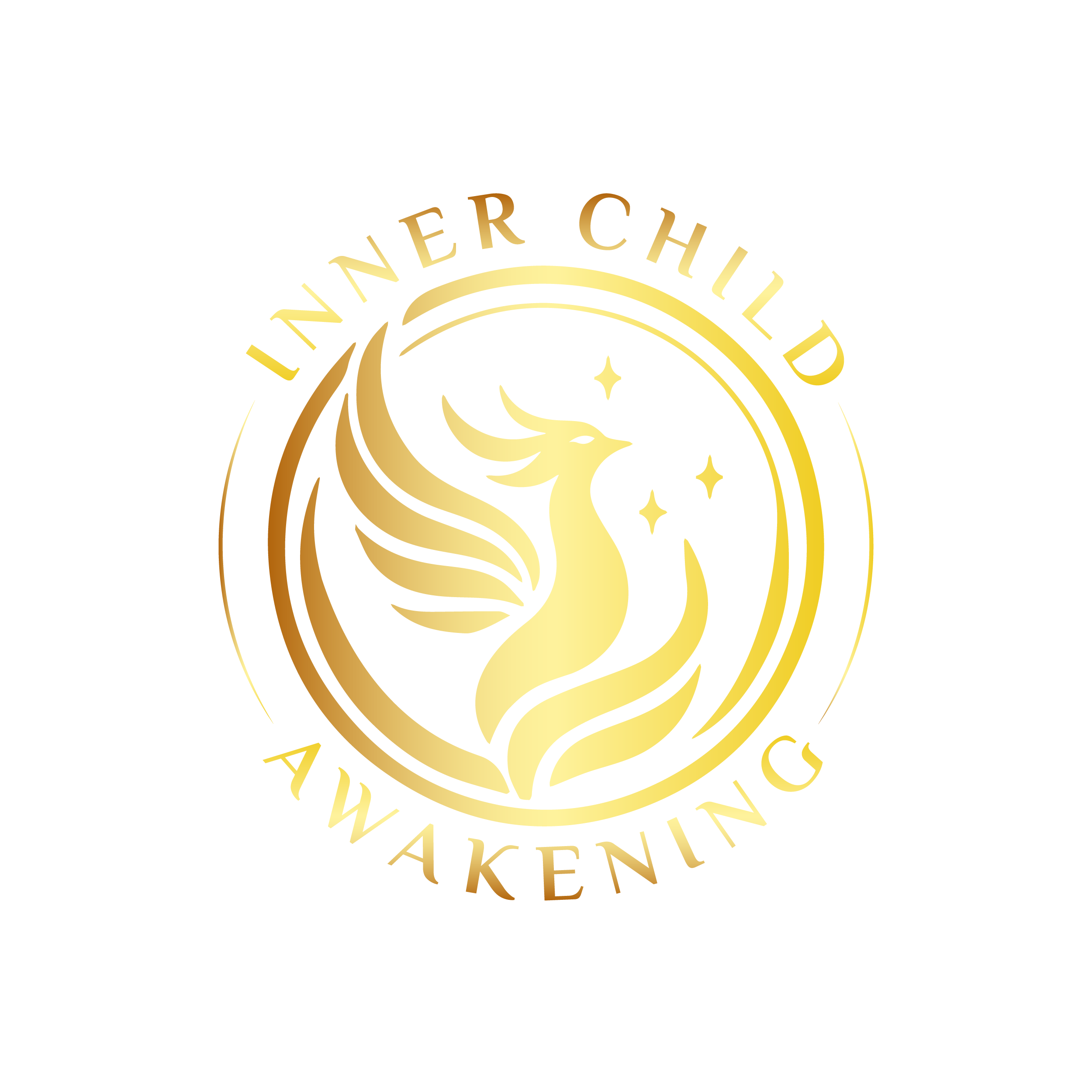Parenting is a journey that shapes not only a child’s outward behavior but also the inner behavior—their mind, feelings, and self-notion. How dad and mom engage with their kids, referred to as parenting styles, plays an important role in improving what psychologists refer to as the “inner child.” This term summarizes the core ideals, self-esteem, and emotional resilience that people carry throughout their lifetime. Healing your inner child is important in this process, as it involves addressing past emotional wounds and nurturing a healthy sense of self.
Understanding Parenting Styles
Psychologists have diagnosed numerous of unusual parenting styles, each with its awesome effect on a child’s internal self:
- Authoritative Parenting:
This style of parenting is characterized by excessive levels of responsiveness coupled with control and expectancies. Children raised by authoritative dad and mom tend to increase sturdy vanity, independence, and social competence. They frequently perceive themselves as capable and valued people.
- Authoritarian Parenting:
Authoritarian parenting emphasizes strict guidelines and excessive management with less warm temperature and responsiveness. Children raised under an authoritarian mother and father can also have lower self-esteem, have issues in decision-making, and battle with expressing their emotions openly. Their inner self may also harbor feelings of inadequacy or worry of failure.
- Permissive Parenting:
Permissive parents are incredibly responsive and nurturing but have few expectations or demands on their children. Kids raised in permissive environments may additionally feel loved and ordinary; they might also lack the strength of will and battle with obstacles. Their inner self may additionally crave structure and steering. Healing your inner child can be an important step for these individuals to address these unmet needs and develop greater resilience.
- Uninvolved Parenting:
This style is characterized by low responsiveness and manipulation. Children of uninvolved mothers and fathers regularly experience forgetfulness and a shortage of emotional support. Their inner self may conflict with feelings of abandonment, low self-esteem, and difficulties in forming wholesome relationships.
Impact on the Inner Child
- Self-Perception and Self-Esteem:
A child’s parenting style appreciably impacts how they see themselves. Authoritative parenting fosters self-image and self-assurance, while authoritarian or uninvolved parenting can cause insecurity and self-doubt. Healing your inner child can be an important step in addressing these effects and fostering a healthier self-perception.
- Emotional Regulation:
Children discover ways to control their feelings by observing how their parents respond to pressure and challenges. Authoritative parenting teaches wholesome coping mechanisms, while permissive or authoritarian styles might also cause difficulties regulating feelings.
- Social Skills and Relationships:
Parenting styles shape children’s social abilities and ability to shape relationships. Those raised in authoritative environments frequently expand strong interpersonal skills, even as youngsters of permissive or authoritarian parents may also struggle with boundaries or assertiveness. Healing your inner child can be a crucial process for addressing these struggles and improving interpersonal skills.
- Inner Dialogue and Core Beliefs:
The inner self of a child absorbs messages from dad and mom about their worth and talents. Positive reinforcement from authoritative parenting can result in an internal talk of self-encouragement, whereas complaint or forget can manifest as terrible center ideals.
Nurturing the Inner Child
Regardless of the parenting fashion skilled in childhood, people can nurture their internal baby through self-consciousness and intentional self-care:
- Self-Reflection:
Understanding how early reviews have fashioned one’s beliefs and behaviors may be an essential device in recovery and private growth. By reflecting on this early life, individuals can perceive styles and triggers rooted in their past. This self-attention allows them to address and reframe bad center ideals that can have developed from early life stories. Recognizing the impact of beyond interactions can also help people become unfastened from unproductive styles and make aware selections that sell correctly. Engaging in practices like journaling, remedy, or mindfulness can, in addition, help this method, enabling people to domesticate healthier self-perceptions and behaviors moving forward. Healing your inner child is a key component in this process, facilitating deeper emotional understanding and growth.
- Self-Compassion:
Offering oneself the same warmth and recognition that one preferred as a baby may be profoundly healing. This way, one can practice self-compassion and treat oneself with kindness, simply as one might wish to be treated through a worrying discernment. It includes acknowledging and validating one’s personal feelings, as opposed to brushing off or criticizing them. Engaging in high-quality self-speak, setting healthy boundaries, and celebrating private achievements can enhance self-worth. By nurturing oneself with staying power and understanding, individuals can mend past wounds and build emotional resilience. This self-care approach not only soothes internal struggles but also fosters a more balanced and pleasurable lifestyle. Healing your inner child is a key aspect of this process.
- Seeking Support:
Therapy or aid businesses can provide a secure area to discover adolescent reviews and increase healthier coping strategies. These settings offer non-judgmental surroundings wherein people can openly talk about their emotions, gain insights into their beyond, and understand how their studies have formed their modern behaviors and beliefs. Therapists and group facilitators regularly use diverse strategies, such as cognitive-behavioral therapy, to assist people in reframing negative idea patterns and constructing more adaptive coping skills. Engaging with others who’ve similar studies can also foster a sense of connection and validation, making it simpler to broaden resilience and an extra tremendous self-picture.
Conclusion
Parenting styles wield profound influence over a baby’s inner global, shaping their self-idea, emotional resilience, and interpersonal talents. While no figure is perfect, striving for warmth, responsiveness, and affordable expectancies can foster a nurturing environment wherein the inner baby prospers. By expertise in the effect of parenting styles and actively nurturing our inner child, we pave the way for healthier relationships, advanced self-esteem, and more emotional well-being during lifestyles.

